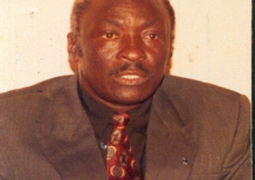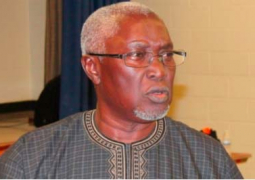The realization of our common vision of a united and prosperous
Joiner, whose statement was read on her behalf at the opening of the 50th ordinary session of the commission underway at the Sheraton Hotel in Brufut, stated that it is indeed a must to analyze and understand the global challenges that we are currently facing and find our own answers to them.
She emphasized that the promotion and respect of human rights and fundamental freedoms, respect for democratic principles, the rule of law and good governance as underscored in the Consultative Act of the African Union will contribute to the maintenance of peace and security on the continent.
She told delegates comprising mainly human rights defenders that the values of good governance and the rule of law, democracy, free and credible elections, and respect for human rights, transparency and accountability in the area of public administration are key in achieving sustainable development on the continent.
According to her, the commitment African leaders made in the Banjul Declaration is yet to find its meaningful expression in the real fact, noting that all members states of the AU have ratified the African Charter, majority of whom have also ratified several UN instruments.
Noting that in most cases, steps have not been taken to internalize these instruments, Joiner said today many member states are yet to ratify basic African human rights instruments such as the Maputo Protocol, the African charter on democracy, election and governance, the Kampala Convention on IDPs and the Protocol establishing the African Court of Justice and Human Rights.
“With respect to the latter, more than twelve years after it was adopted only twenty five AU member states have ratified it, and only four have made the declaration allowing direct access to individuals to the court,” she said, noting that the establishment of the court was a deliberate decision taken by African leaders, as they understood the protection of human rights as a catalyst to sustainable peace and development.
The African Union Commissioner for Political Affairs further told delegates that the success of the
“For it to make any significant impact on the human rights landscape on the continent , it would require a 100% ratification of the protocol by member states, as well as their acceptance of the competence of the court by making the declaration under article 34(6) of the protocol.”
This, she went on, will give the court the legitimacy it needs to effectively discharge its mandate. “It will also demonstrate the commitment African leaders expressed in



